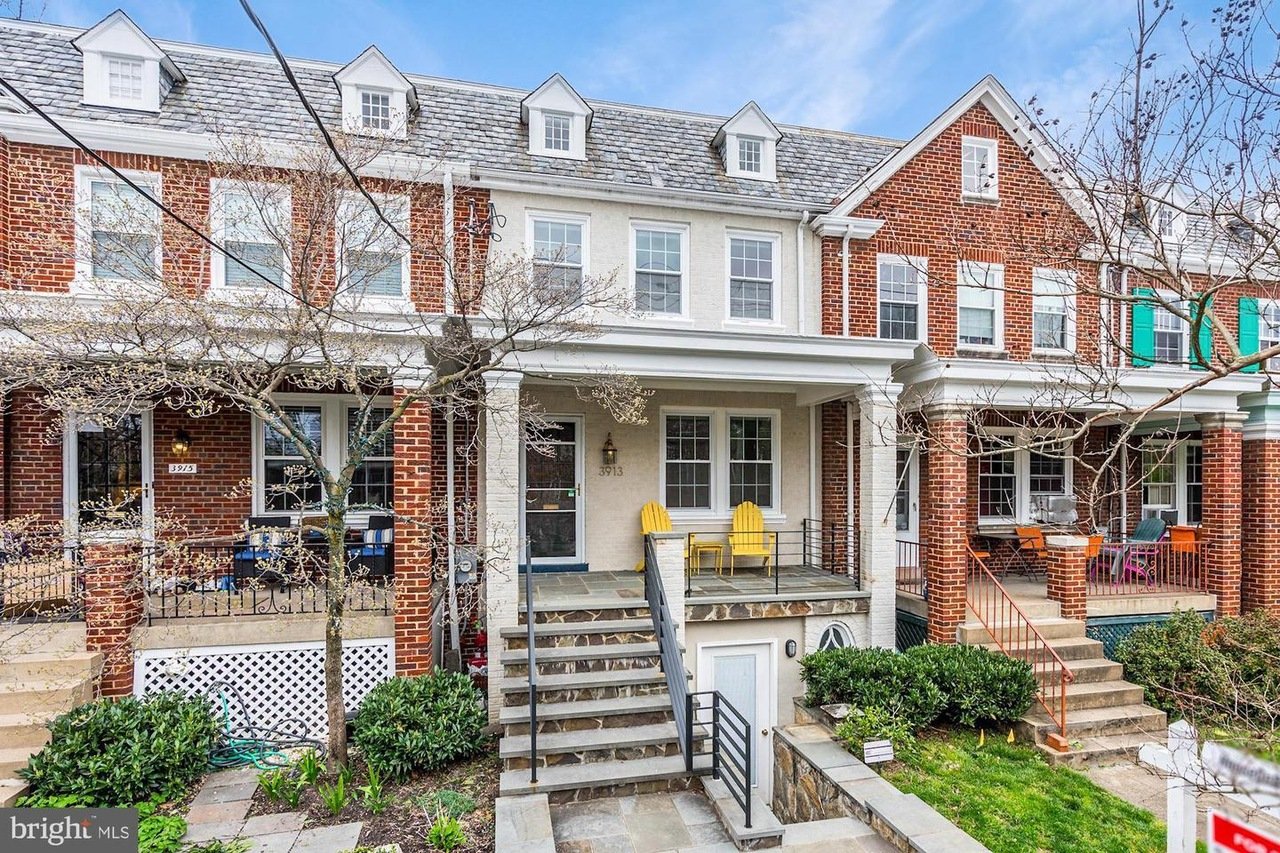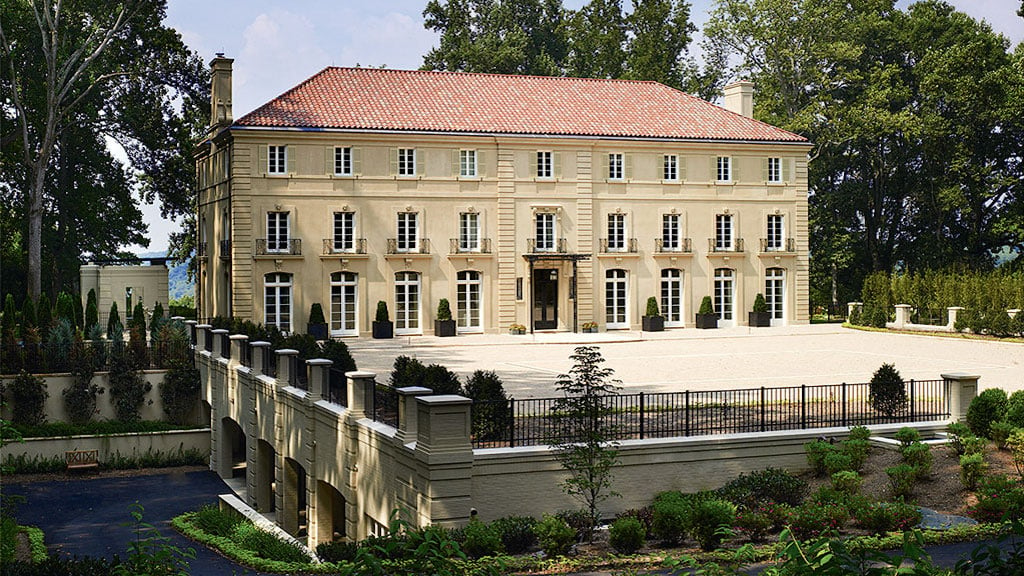Not long ago, retirement communities were considered necessary evils that existed in response to failing health, diminished income, and an overall loss of independence. Even the more resortlike communities demanded tough choices, often forcing seniors to move far from families, friends, and other ties.
But as baby boomers have aged and life expectancies increased, developers have responded with active-adult communities. Today people 55 and over can choose among single-family homes in country-club-like settings, townhouses in the suburbs, condos in urban centers, and even rental properties for those who prefer not to buy again.
Despite this revolution, many seniors still face the idea of relocation with dread. The monumental task of consolidating possessions, the melancholy of leaving a home filled with memories, and the anxiety of giving in to Father Time can be daunting.
Joan and Robert Butler began to consider relocating when health concerns made it hard to maintain their two-story Bowie house. With 395 homes on 175 acres, Symphony Village at Centreville, Maryland (866-766-0009; symphonyvillage.com), was the first place that appealed to both of them. Joan cites location as key: Centreville is about 30 miles from Annapolis and 60 from DC, the development arranges outings to restaurants, shows, and shopping—and Robert is able to maintain his professional contacts and take on freelance accounting work.
Their neighbor Pat Kindle, a retired teacher with the Charles County school system, didn’t blink at selling her 2,800-square-foot split-foyer home in La Plata after 19 years. “My husband and I sure don’t miss raking the leaves on our one-acre lot!” she says. Their new, 2,000-square-foot house has a vinyl, maintenance-free exterior, and a grounds crew handles all lawncare and snow removal.
At Symphony Village, where home prices range in the $343,000 to $393,000s, Pat says she enjoys both small-town life and access to urban attractions. She and her husband grew up in rural Pennsylvania and feel that tiny Centre ville brings them back to their roots while not keeping them from the excitement of city life. She enjoys everything from community-organized museum tours and concert outings to crab feasts. Despite living there for nearly three years, “I still feel like I’m on vacation because there’s a great balance between a relaxed atmosphere and a constant stream of activities.”
Many active-adult communities are filling up with relative youngsters who still work or who are only partly retired. Ray Summerell and his wife, Melanie, moved last spring from their Fairfax home to Regency at Dominion Valley in Haymarket, Virginia (703-753-8900; regencydominionvalley.com). The development has 1,232 homes, from single-family to condos, ranging from the low $300,000s to $1 million.
An executive with a consulting service dealing with real-property asset management, Summerell is also CFO of the Winery at La Grange. While Regency has owners in their eighties, most are closer to their mid-fifties, and he believes as many as half continue to work in some capacity, either full- or part-time. “This community is for people who’ve achieved modest affluence and are active both inside and outside,” Summerell says. “These days we don’t have to worry about mowing lawns or climbing up ladders and can focus on more substantive pursuits.”
Regency resident Sandra Silver-Torres, formerly with Sun Microsystems, agrees. She enjoys participating in charities sponsored by a Regency women’s group as well as outings to local restaurants. “Maybe ten years ago, we might have felt isolated here in Prince William County,” she says, “but the place has really grown, and most of what we need is right in the area.”
The 800-acre gated community, which has a clubhouse, fitness center, and golf course, appeals to people in their fifties and early sixties. Gatherings both organized and spontaneous lead to genuine friendships, Silver-Torres says; a staffer even organizes social events to introduce singles.
The Marque at Heritage Hunt, in Gainesville, Virginia (866-850-5750; themarque55.com), boasts a wide range of amenities, from a swimming pool and tennis courts to estate planning and tax prep. Boasting yoga instruction and an herbal consultant as well, management bills the facility as a “cruise ship on land.”
Next to the 2,000-home Heritage Hunt development for seniors, which is 100-percent owner-occupied, the Marque is 200 rental-only apartments. It might seem counterintuitive that renting could have a financial advantage over buying, but compare the costs of renting—here, $1,405 to $2,545 a month—with the cost of a mortgage, condo fees, and taxes and the argument can be convincing.
Financial advantage was exactly what Joan and Edward Allen were looking for. After five years of retirement in Florida, “we missed our kids and living in the area we called home for decades,” Joan explains. They were happy to get rid of their acre lot and boat and retreat to a maintenance-free setting but did not relish buying again.
When the Allens stumbled onto the Marque during a visit to their daughter in Gainesville, they realized it had everything they were seeking. “All the amenities we could ever want are right here,” Joan says. “Even though it’s a rental, this is home, and this is where we expect to stay.”
Growing demand has inspired Sunrise Senior Living, best known for assisted-living facilities, to develop independent-living communities. When it opens next year, Fox Hill Senior Condominium for ages 60 and up (301-469-8005; foxhillseniorcondominium.com), on 16 acres in Bethesda, will feature Craftsman architecture, protected forests with nature trails, and an array of amenities—from a recording studio for residents to chronicle personal histories to a woodworking shop. Its 240 one- to three-bedroom-with-den condos will sell for the $500,000s to $1.6 million.
Sunrise’s mark still will be apparent: Fox Hill will offer choices such as home care—from assisted living to daycare to outpatient rehab to nursing visits.
The growth of active-adult communities and assisted-living complexes that have adopted their independent approach means that seniors looking into relocating can expect a smorgasbord of offerings. The only thing most will give up is the irritation of house upkeep: Many seniors who’ve moved to active-adult communities say they’ve gained a new start as well as a new address.
Billy Fox (astrabrat@hotmail.com) is a DC writer, screenwriter, and composer.


















